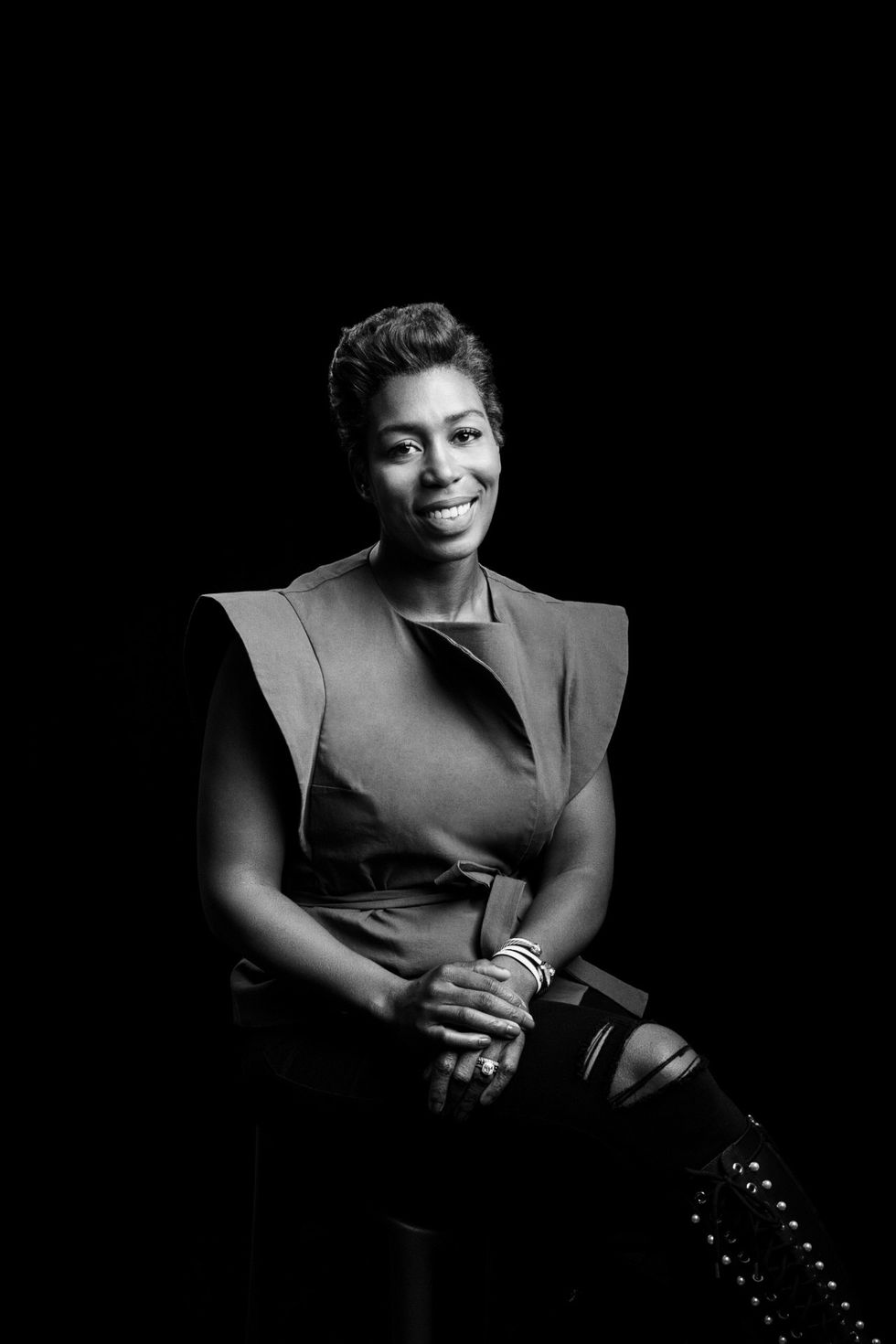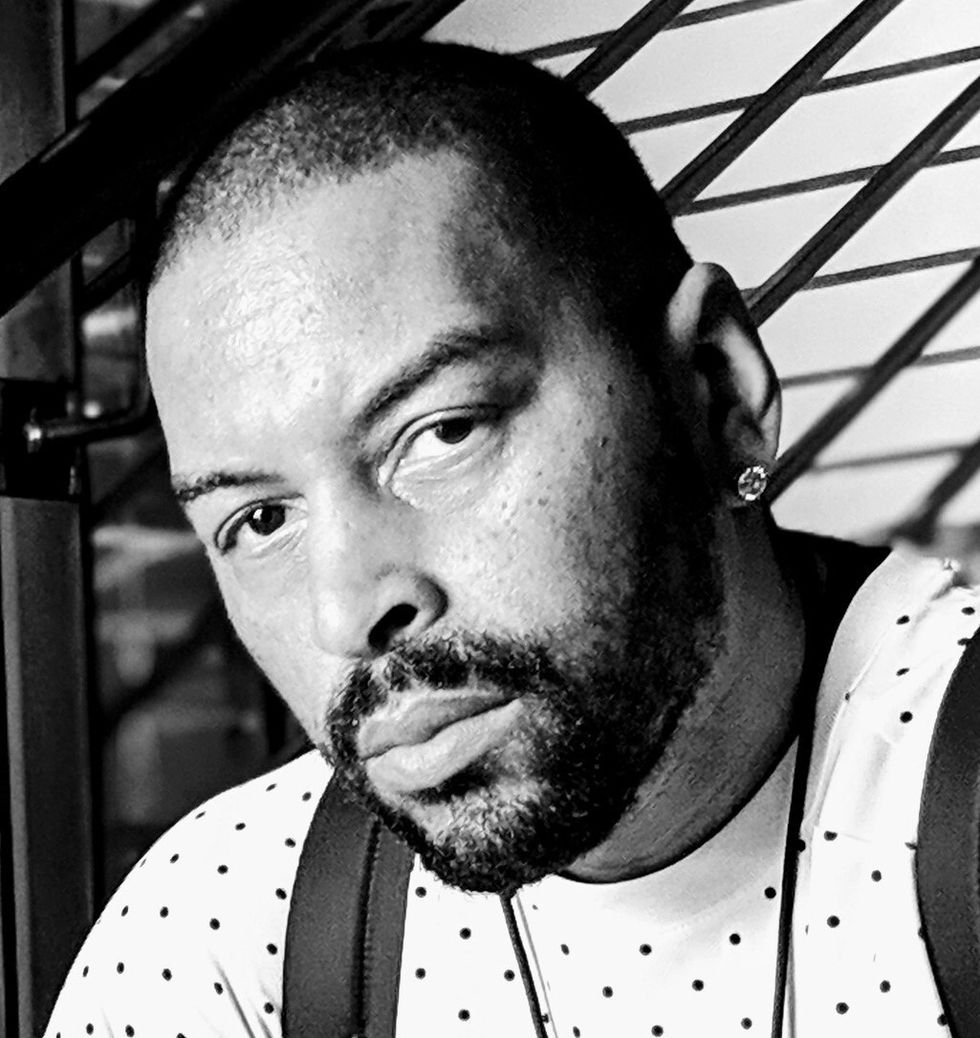Since the widespread protests against police brutality in the wake of the murder of George Floyd, Breonna Taylor, Rayshard Brooks, and countless others — large-scale public conversations have followed. Many companies have shared statements expressing their condolences to and solidarity with their Black employees and customers, and outlining their commitment to fighting racism.
Many of these statements have been welcome, with leaders sharing heartfelt personal sentiments that have hit the right notes, while others have been less well-received, with critics pointing out their uniformity and arbitrary tone.

Eyana Carballo is the manager of global commercial strategy & IP at BCG Digital Ventures.
But no matter how strong or wanting these statements have been, they mean very little without a concrete commitment to tangible steps that companies can enact. Now that the words have been shared, it's time for companies and leaders to walk the talk.
So, what can companies do?
Expand Diversity Networks
Enabling employees to work to bolster internal networks is an integral part of making sure their voices are heard. These networks can drive real change, helping to raise issues and set priorities and, in turn, to be heard by leadership. They can be vessels for mutual support, mentorship, and representation.
Invest and Donate
One obvious way companies can take action that backs up their words is by contributing financially. Consistent donations to causes such as the NAACP Legal Defense and Education Fund or the Southern Poverty Law Center are valuable, giving them the resources they need to affect positive change. But companies can also invest other resources, such as talent; partnerships with leading organizations that address racial injustice and inequality are extremely valuable for all parties.
Apply Metrics and Foster Accountability
Without a clear view of what's happening, it's difficult for companies to affect positive change or even decide on what that change might look like. Honing in on the current status quo and what 'good' would look like, in terms of internal diversity but also the external impact of work, enables companies to move in a positive direction and assess success, bolstering accountability in the process.
One aspect of this is a commitment to accelerating representation, which encompasses driving retention parity, increasing representation in leadership and educating leaders and staff. Metrics, whether internal and external, can be the levers which drive this and ensure tangible and lasting impact.
Each company will have its own set of circumstances, its own state of play, and different work that needs to be done. But now that these issues have been raised, we need to make sure that they do everything they can, starting with the initiatives above, to really support Black employees and the wider Black community, moving beyond spoken sentiments to actively making the world a more equitable place.
Eyana Carballo is the manager of global commercial strategy & IP at BCG Digital Ventures, the corporate venture arm of Boston Consulting Group.
- How Can L.A. Tech Promote More Diversity in Its Ranks? - dot.LA ›
- Actionable Steps to Fight Racism, A Conversation with Dr. Cheryl ... ›
- How Can L.A. Tech Promote More Diversity in Its Ranks? - dot.LA ›
- Beyond Capital CEO Eva Yazhari on Investing With Purpose - dot.LA ›


